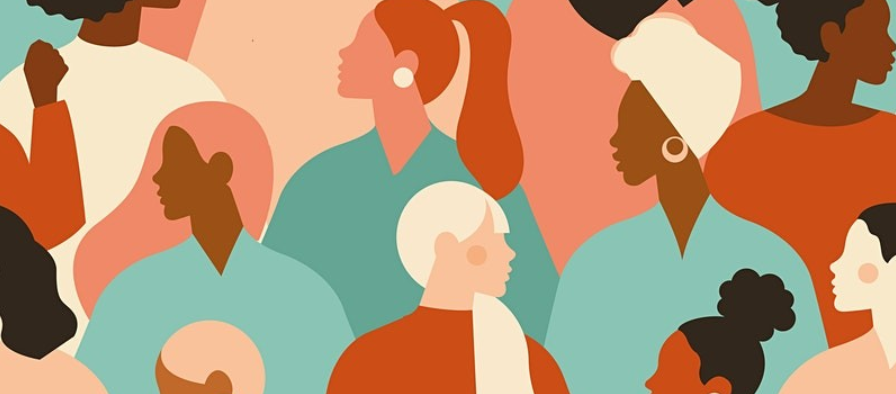Work on promoting adult learning and education is expanding and there are some encouraging signs. With the 2030 Agenda for Sustainable Development approaching its half-way point, next year’s seventh International Conference on Adult Education (CONFINTEA VII) will be a pivotal moment, writes Christiana Nikolitsa-Winter

This week, more than 300 representatives of civil society organizations and other stakeholders met online to kick off a five-year global campaign to promote adult learning and education (ALE) and make it more visible. ‘We are ALE’ aims to strengthen the voice of ALE and enable civil society organizations to speak with one voice in their advocacy.
It is one of a number of positive interventions aiming to move ALE up the agenda of national and international education policy. This is essential, as, across the globe, investment in ALE is shrinking and action on ALE on the decline, despite what the pandemic has taught us about its value and usefulness. In many places around the world, the great work of previous decades in building a strong ALE sector is being undone. Continue reading

